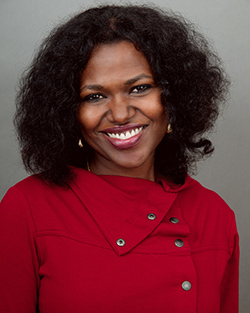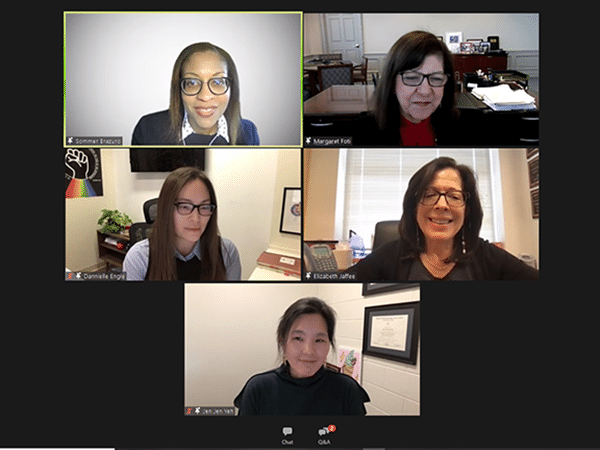Transforming Cancer Care in Africa: A Roadmap for Cancer Control
Guest Post by Nazik Hammad, MD
Vice President, North America, African Organization for Research and Training in Cancer (AORTIC)
Editor’s Note: The American Association for Cancer Research (AACR) is a partner with the African Organization for Research and Training in Cancer (AORTIC) and sponsors segments of its meetings. This year at the AACR’s Annual Meeting in New Orleans, April 16-20, AORTIC will host a session to discuss cancer research and training in Africa. For more information, please email Belmira Rodrigues at [email protected].
In November 2015, the African Organization for Research and Training in Cancer (AORTIC) held its 10th biennial conference entitled “AORTIC Roadmap to Cancer Control in Africa” in Marrakech, Morocco.
The AORTIC meeting was attended by a record number of participants (906 in total) and offered excellent opportunities for networking and collaboration. The event showcased 473 abstracts by African and international researchers. Workshops and sessions covered areas of research, education and training, cancer prevention/screening/treatment, and advocacy.
AORTIC is the premier organization for cancer research and training dedicated to the promotion of cancer control and palliation in Africa. AORTIC strives to unite the African continent in achieving its goal of a cancer-free Africa, and seeks to make a positive impact throughout the region through collaboration with health ministries, educational institutions, patient and community groups, and global cancer organizations.
As the vice president for North America at AORTIC, I am honored to invite you to our AORTIC-AACR session to be held during the AACR Annual Meeting 2016 in order to share in our discussion on cancer research and training in Africa, as well learn about AORTIC collaborations with AACR and the global community.
This session will focus on setting priorities in order to create a research agenda in resource-constrained settings, including tracking of national cancer burdens, natural history and cancer biology, prevention, and treatment. The primary goal of the session is to discuss/propose strategies to overcome the infrastructure and human capacity challenges of conducting basic, translational, and health services research in Africa, in order to improve care of cancer patients through data-driven, locally-adaptable, and cost-effective interventions.
We hope to see you at our session to help improve cancer care in Africa, and ultimately control the diseases we call cancer.
Nazik Hammad, MD, is a graduate of the Faculty of Medicine, University of Khartoum. She has a master’s degree in immunology from the University of Toronto. She did her internal medicine residency and hematology/oncology fellowship at Wayne State University in Detroit. She is currently a faculty member in the Division of Medical Oncology at Queen’s University, Kingston, Ontario, where she is the program director of the medical oncology training program.
Hammad is a member of the Education and Training Committee of the African Organization for Research and Training in Cancer (AORTIC) and is AORTIC vice president for North America. She teaches regularly at the University of Khartoum.
Hammad’s academic and research interests include medical education and capacity building in low- and middle-income countries, in addition to translational research in colorectal cancer.




